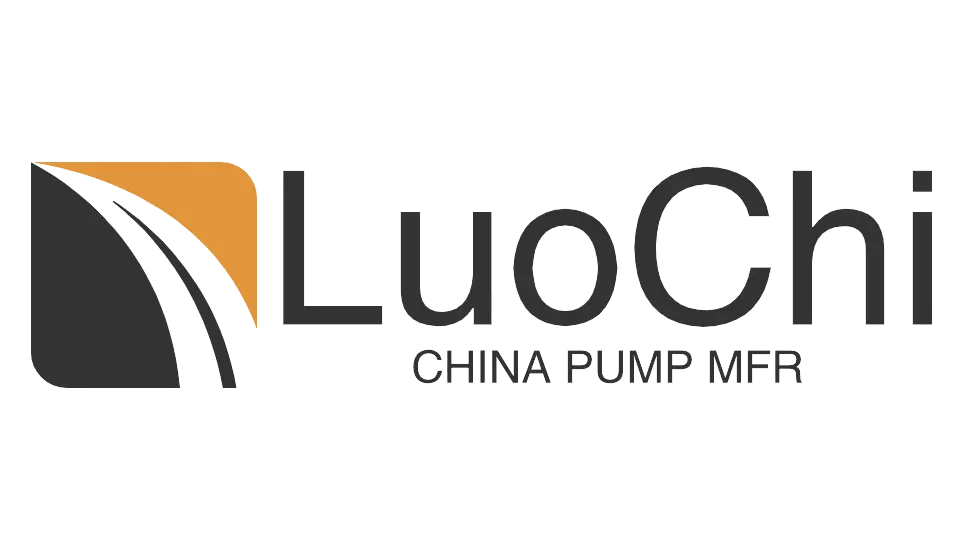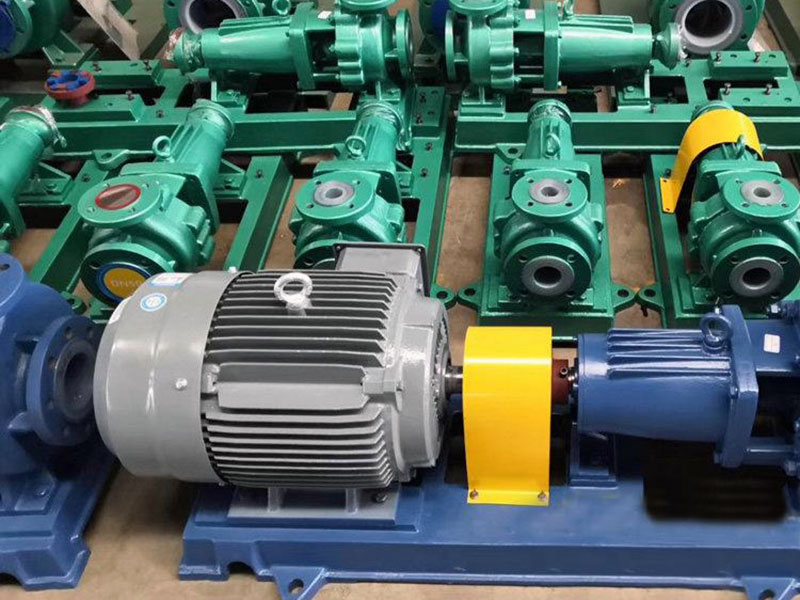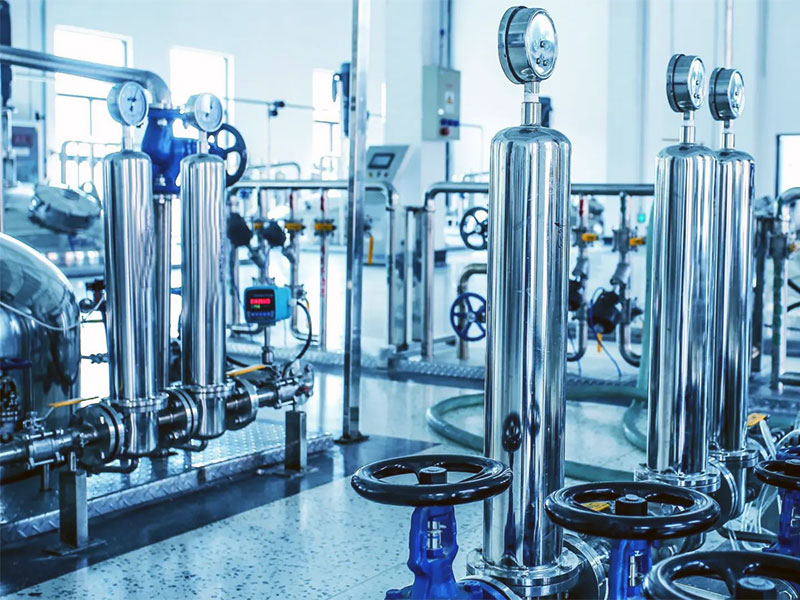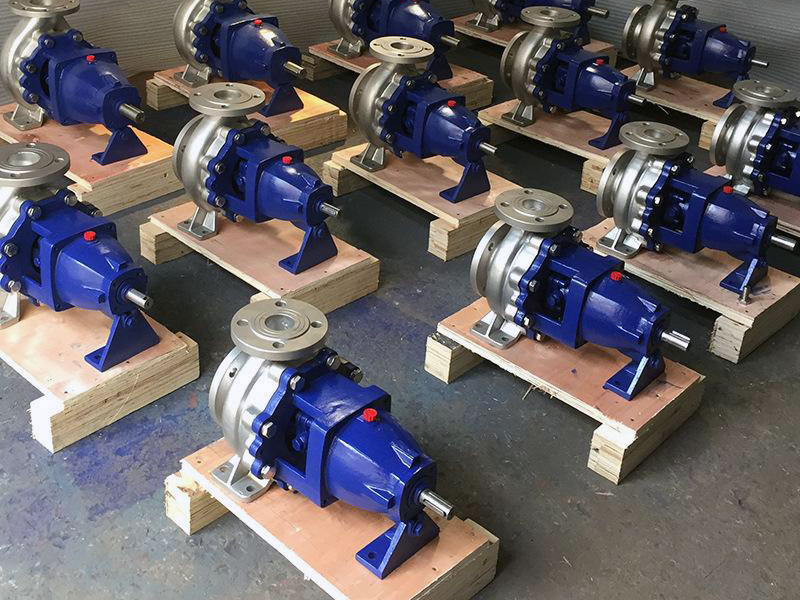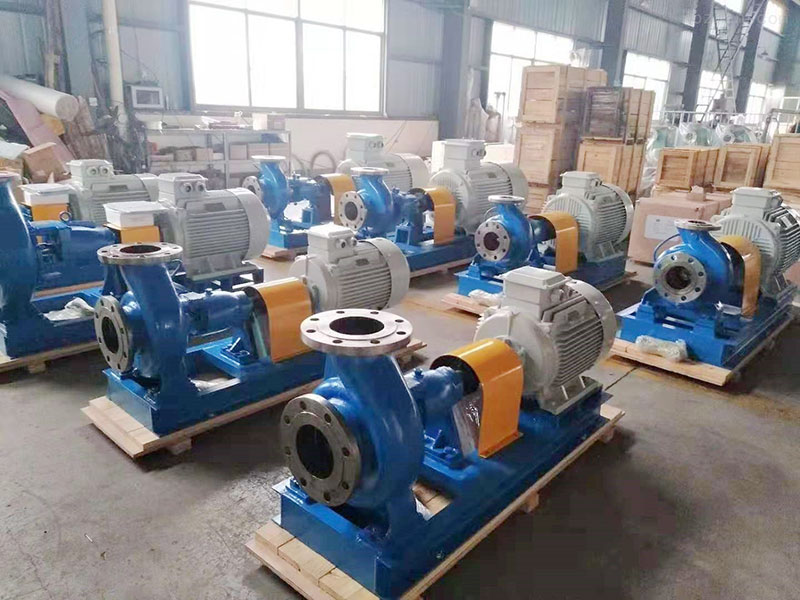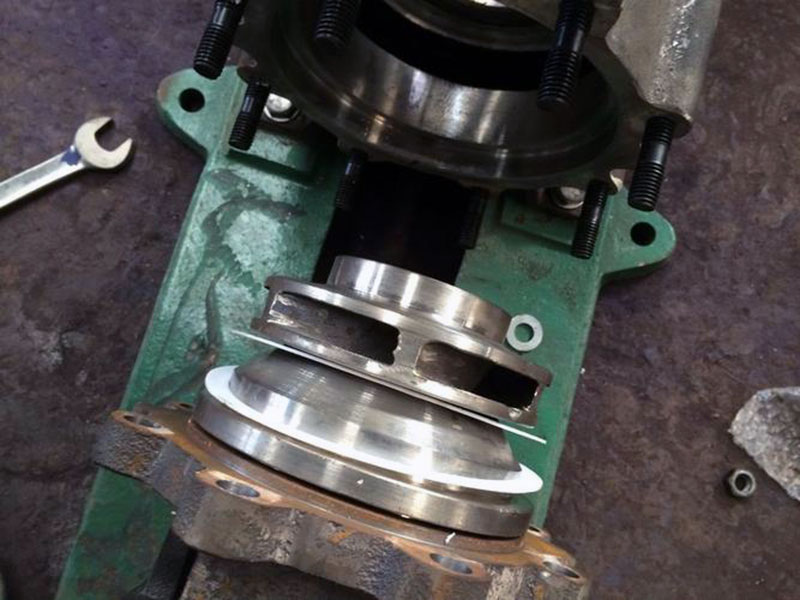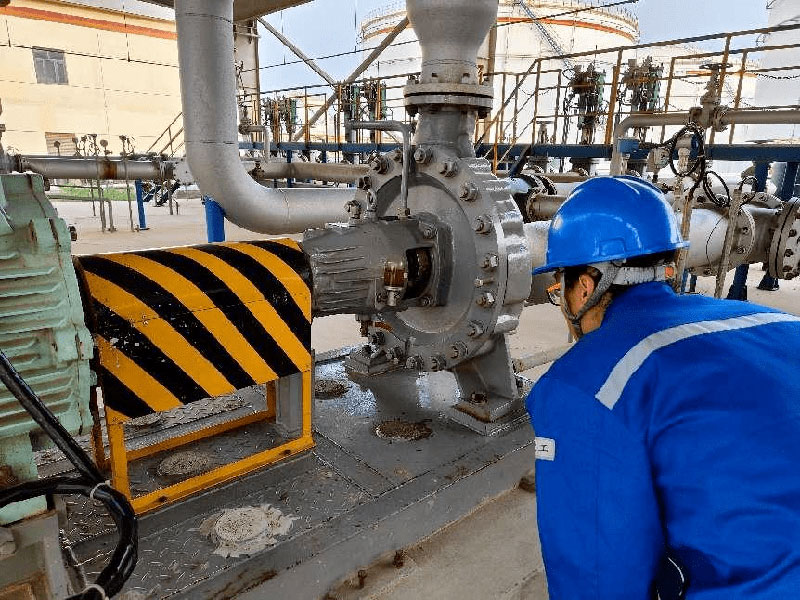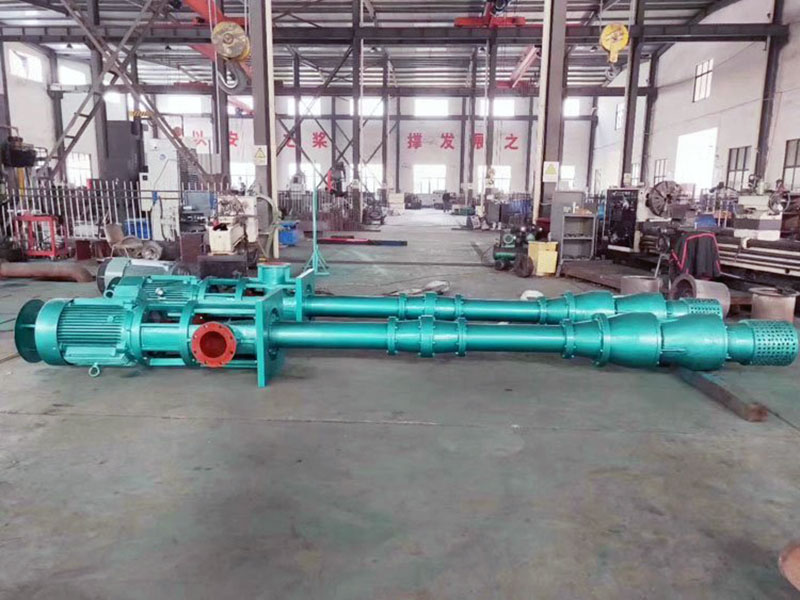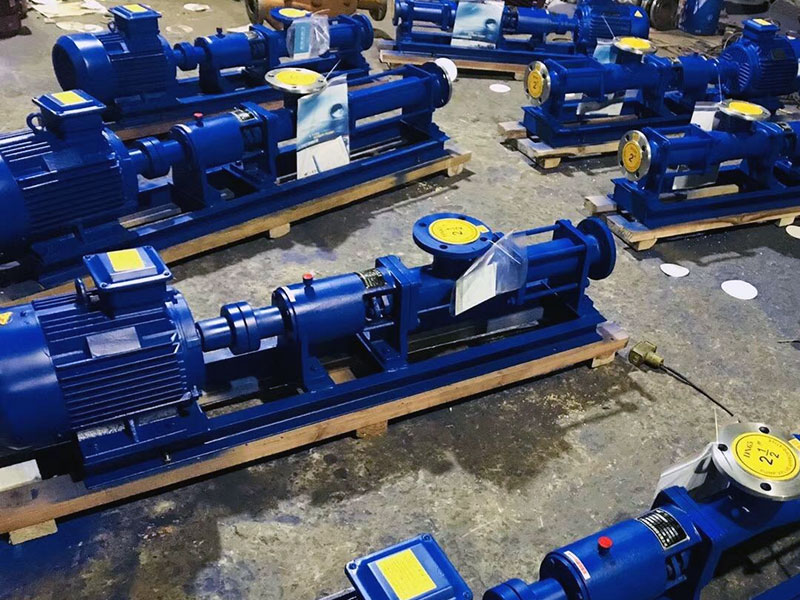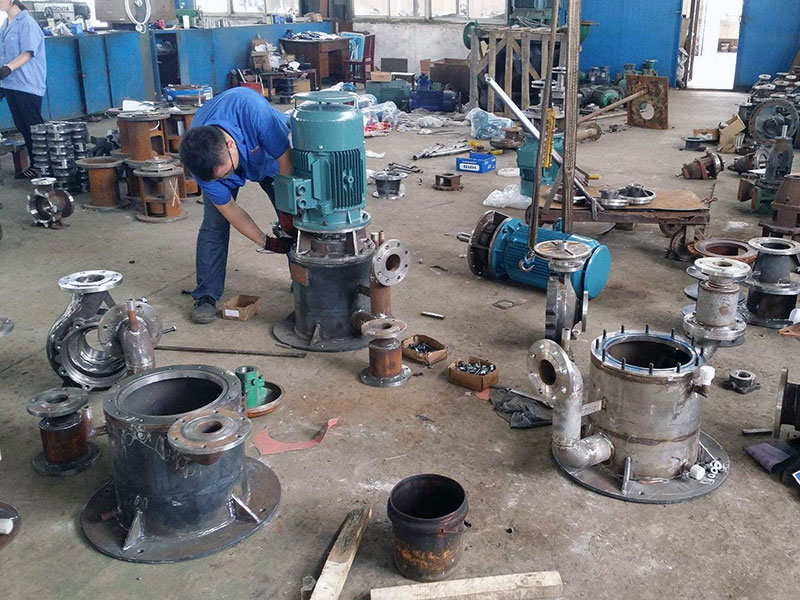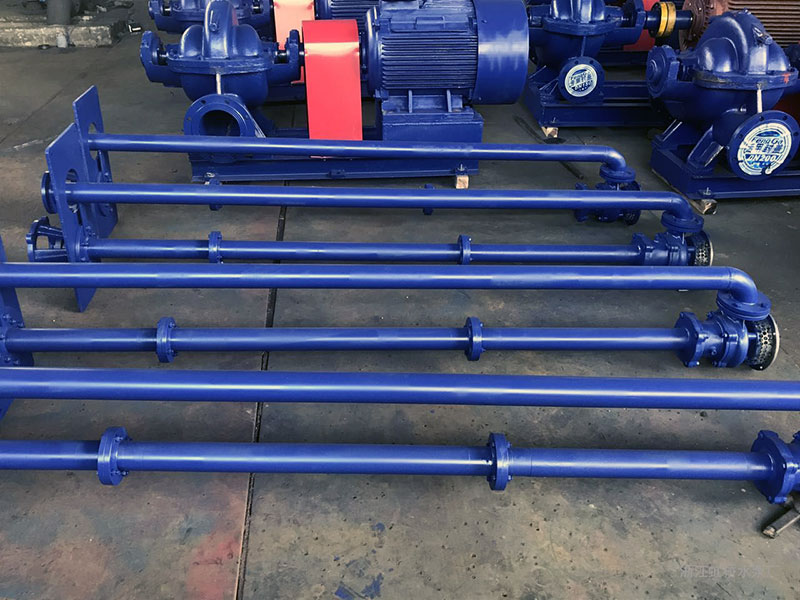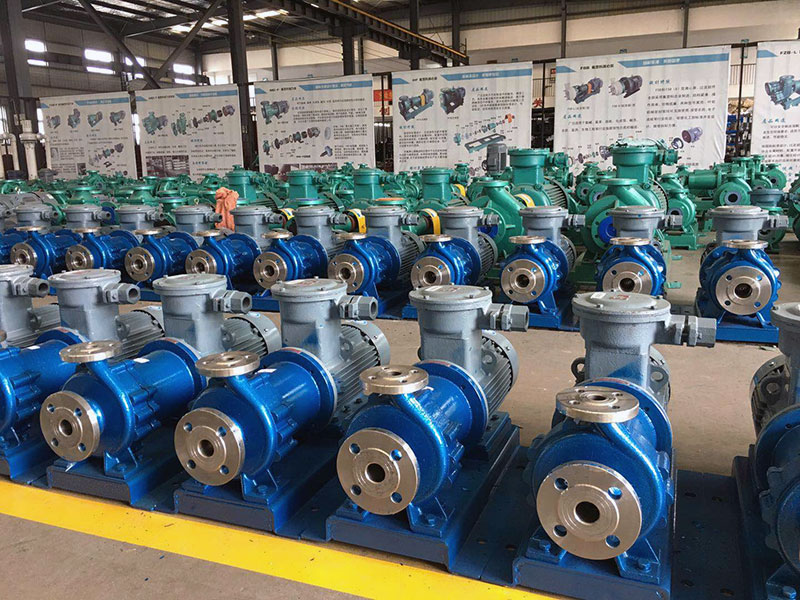Achieving zero leakage is the eternal pursuit of chemical equipment, which has led to the growing application of magnetic pumps and shielded pumps. However, there is still a long way to go to achieve zero leakage. For instance, the lifespan of isolation sleeves in magnetic pumps and shielded sleeves in shielded pumps, material pitting problems, and the reliability of static sealing. In this article, we will briefly introduce some basic information regarding sealing in chemical pumps.
-
Sealing Forms
For static sealing, there are usually only two forms, sealing pads, and sealing rings, and O-rings are widely used for sealing rings. As for dynamic sealing, chemical pumps rarely use filler seals. Instead, mechanical seals are mainly used. Mechanical seals can be divided into single-end and double-end balanced and unbalanced types. Balanced seals are suitable for high-pressure sealing media (usually referring to a pressure greater than 1.0 MPa), and double-end mechanical seals are mainly used for high-temperature, crystallization-prone, viscous, particle-containing, and toxic-volatile media. Isolation liquid should be injected into the seal cavity of double-end mechanical seals, and the pressure should generally be higher than 0.07~0.1 MPa higher than the medium pressure.
-
Sealing Materials
Generally, fluorine rubber is used for static sealing materials in chemical pumps. Only in special cases is polytetrafluoroethylene material used. The material configuration of dynamic and static rings in mechanical seals is critical. It is not just about using hard alloys for both, as high prices and no difference in hardness are not reasonable. Therefore, different treatments should be chosen according to the characteristics of the medium.
Conclusion
Sealing is a critical part of chemical pumps, and choosing the appropriate sealing form and material can play a significant role in ensuring the safety, stability, and effectiveness of the pump. While there are many challenges and considerations to take into account when it comes to sealing, understanding the basics can help you make informed choices that will improve the performance and lifespan of your chemical pump.
